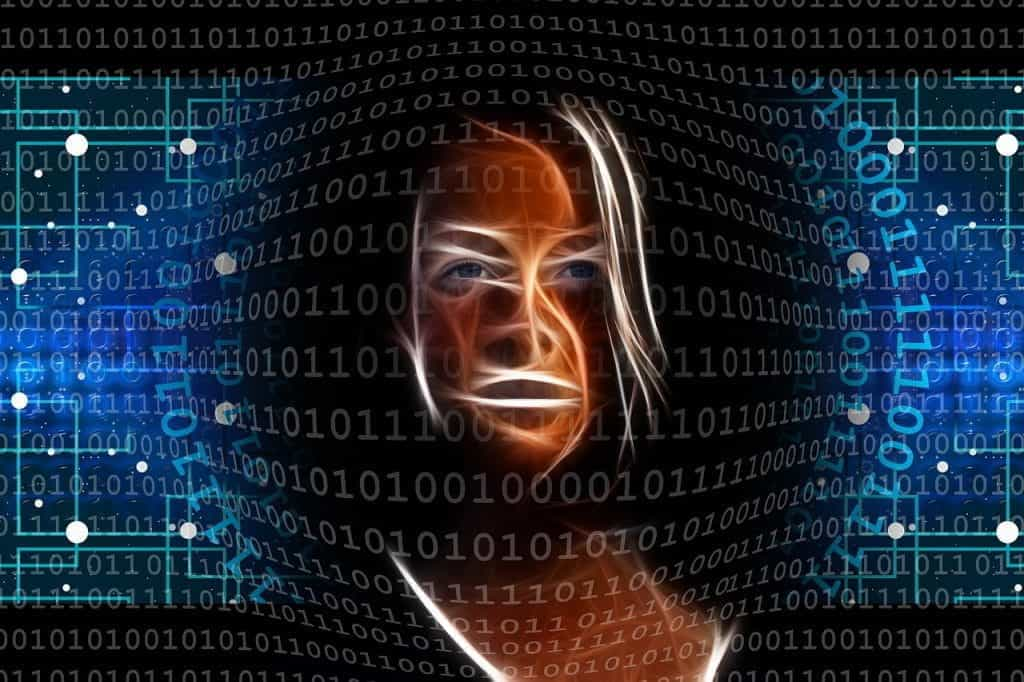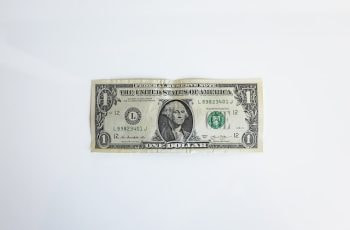Australia May Use AI to Vet Online Gamblers
The Australian Government is reviewing a proposal to use facial recognition to electronically verify the age of internet users trying to gamble online. This suggestion has come with a strong push back from members of the press and non-government groups. The technology would be used to restrict access to many kinds of adult-targeted online activities.

The Australian Government is reviewing a proposal to use facial recognition to electronically verify the age of internet users. ©Pixabay
Last month, a parliamentary committee of the Australian House of Representatives sent out a call for proposals on how to increase the effectiveness of age verification systems. The committee asked for public submissions on ideas to better vet ages online.
The committee found that current methods of verification, including simply inputting a birthday, do not work well to stop minors from accessing this content. This new technology could not only prevent children from gambling with their parent’s IDs and money but it could also prevent self-excluded problem gamblers from falling back into the habit.The Department of Home Affairs, which suggested the idea of face recognition for age verification, argues that it could prove to be a better method for filtering out unwanted users. It said in a statement:
“This could assist in age verification, for example by preventing a minor from using their parent’s driver license to circumvent age verification controls”
The Australian Federal Government launched its biometric Face Verification Service (FVS) in 2016. The initial purpose of the technology was to help share and match photos of anyone applying for citizenship as an extra layer of security. These methods would be used by the Australian Federal Police as well as other departments. There have also been recent online identity fraud laws, which have granted police greater use of this technology to prevent such crimes.
One of the problems with this submission, however, is that even three years after its supposed debut the FVS is not yet fully operational. The data collected by the FVS was originally meant to be available to the private sector as well. However, as the submission states, “Whilst it is intended to be made available to private sector organizations in future, this will be subject to the passage of the Identity-matching Services Bill 2019 which is currently before Parliament.”
While online gambling was one of the main concerns being discussed, the exposure of explicit material to minors was also a concern for many on the committee. In a press statement released in September, Chair of the Social Policy and Legal Affairs Committee Andrew Wallace said, “While customers must verify their age within 14 days to continue using an online wagering account, an age verification process is not required at all for customers to access [explicit content].”
Another problem with this proposal by the Department of Home Affairs is that details on the use of the process are still mostly lacking. Will there be systems in place to help a consenting adult who is locked out of accessing their online gambling accounts? Will online casinos be able to use such a false-positive to withhold winnings from a victorious gamer? Will the government create a database that stores all the faces of people engaging in the online sport? Who gets access to any such database?
Australian Center Alliance Senator Rex Patrick has announced his intentions to veto any such proposal. In his words: “I think people should be very concerned about any government department that’s seeking to store this kind of information.”
Data protection is a common topic for politicians following recent data security breaches: for example, the Equifax 2017 breech. In this case, sensitive customer information was being stored on not encrypted servers where the username and password were both ‘admin’. There is a lack of trust among many that the Australian Federal Government would do a better job of protecting this information. If an interested party could access a database of all individuals participating in online gamblers on the continent, this could certainly be used against them.
Facial Recognition Across the World
Although they have kicked up a lot of dust recently, the Australian Department of Home Affairs is not the first one to suggest using face recognition as a way of determining the age. Earlier this month, the UK’s age verification system was finally condemned as unworkable after several years of delays and a large public budget. The program was also originally intended to block minors from accessing gambling sites. The Guardian recently reported that 55,000 children in the UK can be classified as having a gambling problem. The National Health System (NHS) is now even operating a clinic to specifically help children who have a poor relationship to gambling.
This has not stopped the UK from using facial recognition for other purposes. A British court recently concluded that using facial recognition as a form of identity verification by police is not a violation of human rights.
China has also come under fire recently for its successful use of such technology to find and identify wanted individuals. Although seen as an accomplishment by the People’s Republic, international human rights groups have expressed concerns about the far-reaching consequences of such technologies.
The Chinese tech firm, Tencent, has also attempted to use similar facial recognition for age verification as a way of restricting the screen time of minors. The technology has only proven to be a partial success however, as many minors found ways around it.
Facial recognition was even a topic of conversation recently in gaming circles. Macau only recently paused their plans to unveil facial recognition systems at their casinos after many politicians expressed concerns that the resorts could use this tech to more effectively separate customers from their cash.
While it is taken for granted by the government that minors should be prevented from gambling online, it remains to be seen if facial recognition is the answer to the problem. At the moment this remains just a proposal.



